
Wednesday, March 27, 2019
12:00 PM – 1:30 PM
Elliott School of International Affairs
Room 505
1957 E Street, NW, Washington, District Of Columbia 20052
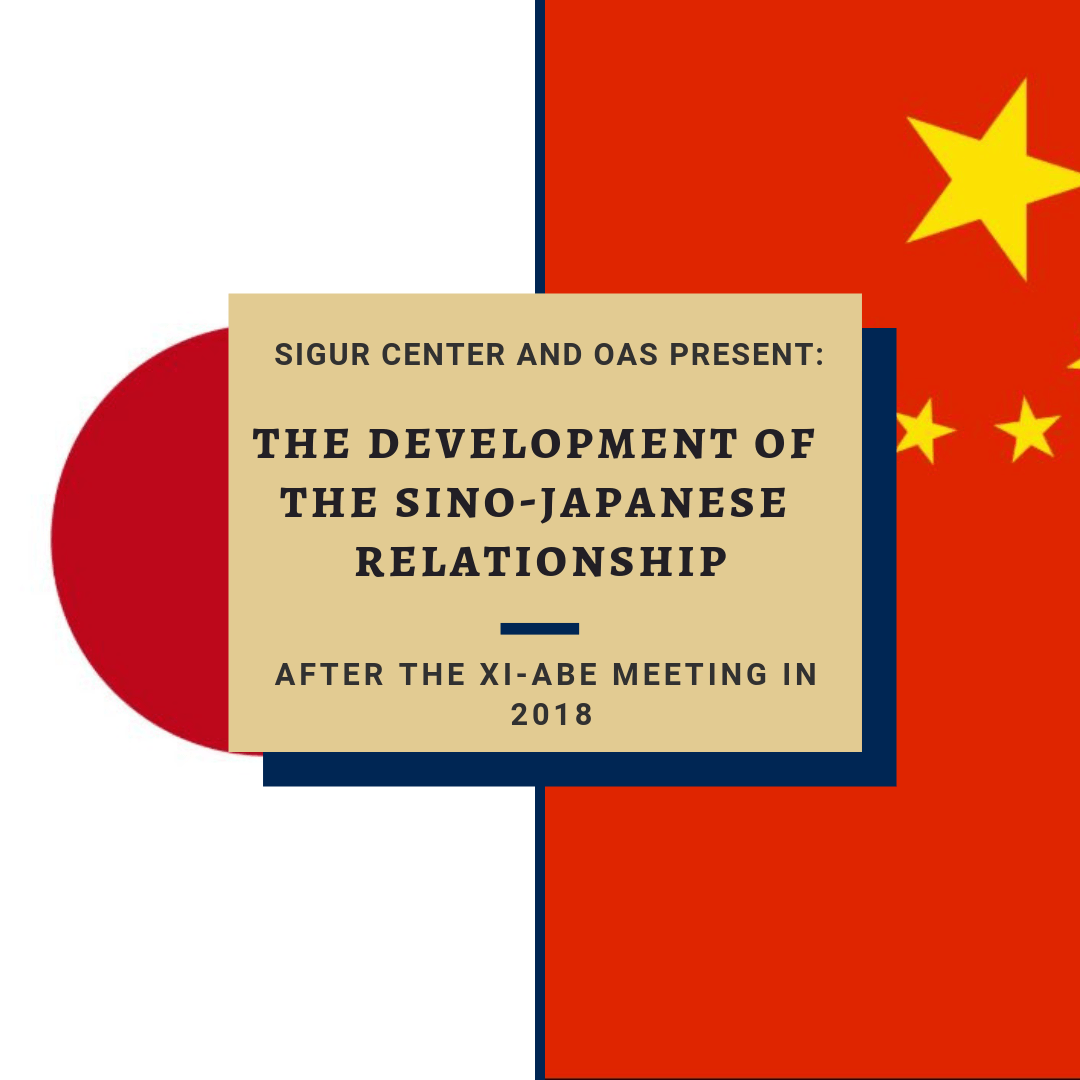
The Sigur Center and the Organization of Asian Studies cordially invite you to a panel discussion on the development of the Sino-Japanese relationship after the Xi-Abe meeting in 2018.
About the Event:
Despite the fact that China and Japan have not reached agreement on the Diaoyu/Senkaku island issue, their relationship is getting warm after the cold spell since 2015. In 2018, Japanese Prime Minister Abe Shinzo visited Chinese President Xi in Beijing and reached many economic agreements. The commercial agreements reached in the meeting reflect not only the strong economic bound between Chinese and Japanese economies but also the recovery of their political relationships. What will be the geopolitical influence on the development of the Sino-Japanese relationship? Will China and Japan explore a new path in gathering consensus and controlling conflicts among neighboring countries? Join us as we examine the Sino-Japanese relationship during the period of a rising China.
The Speakers:
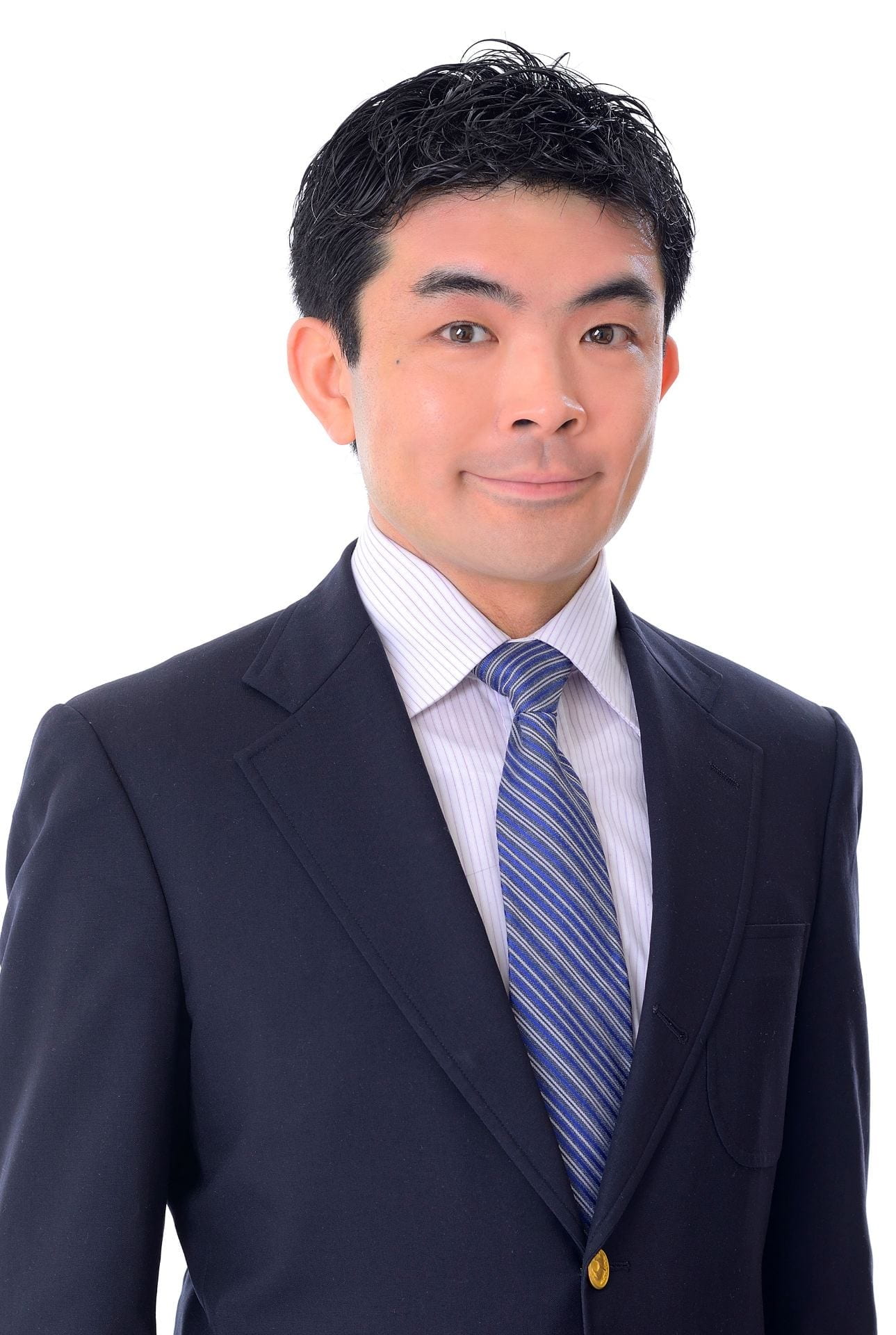
Shinji Yamaguchi – Senior Research Fellow at Tokyo’s Regional Studies Department of the National Institute for Defense Studies, Visiting Scholar at the George Washington University, Specialist in Chinese politics
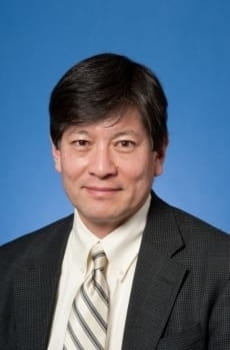
Mike M. Mochizuki – Associate Professor of Political Science and International Affairs at George Washington University, Specialist in Japanese politics
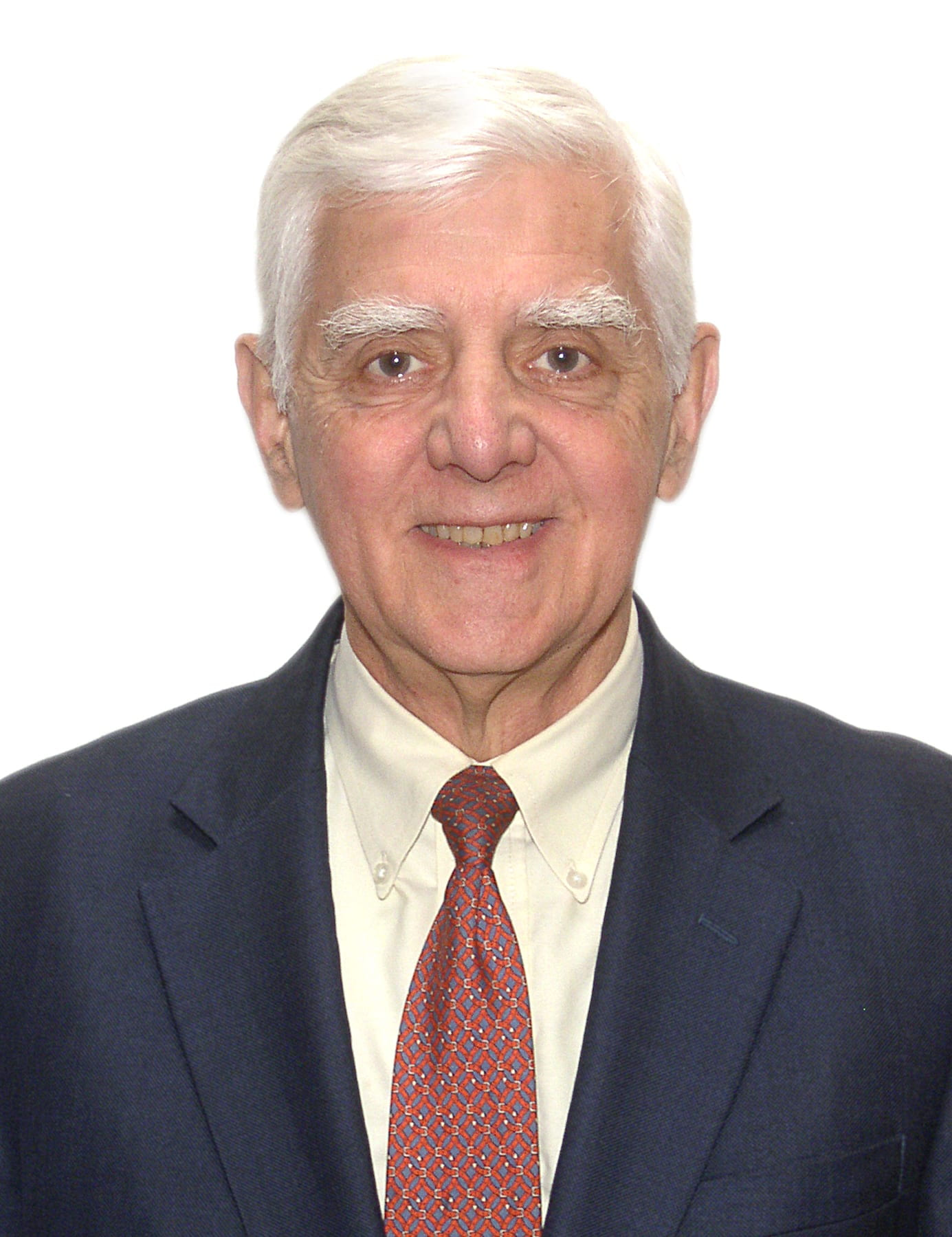
Alber Keidel – Adjunct Graduate Professor of Economics at George Washington University, Specialist in the Chinese economy
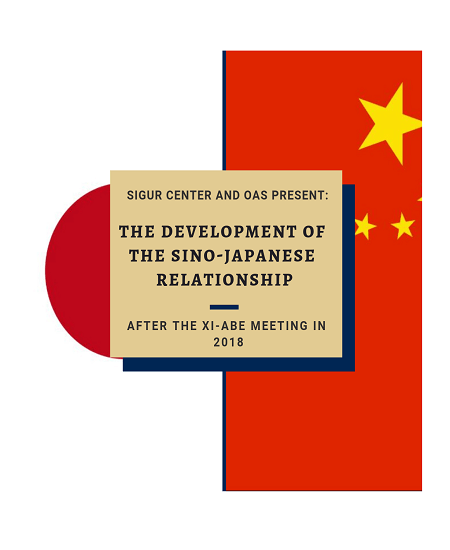
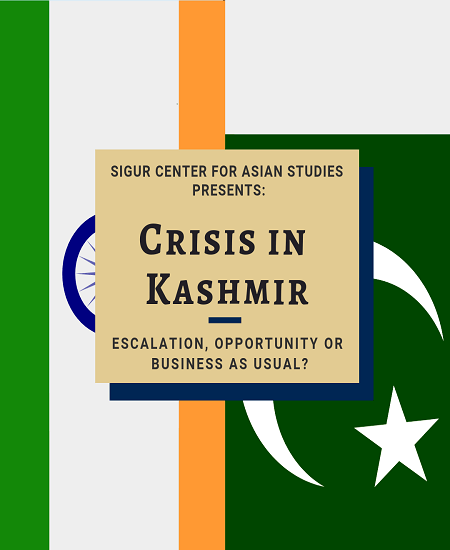

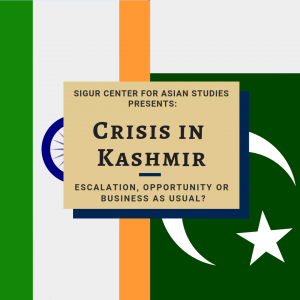
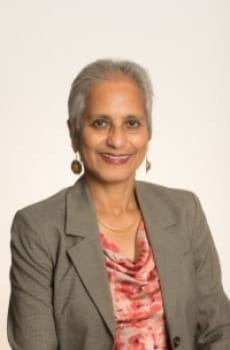
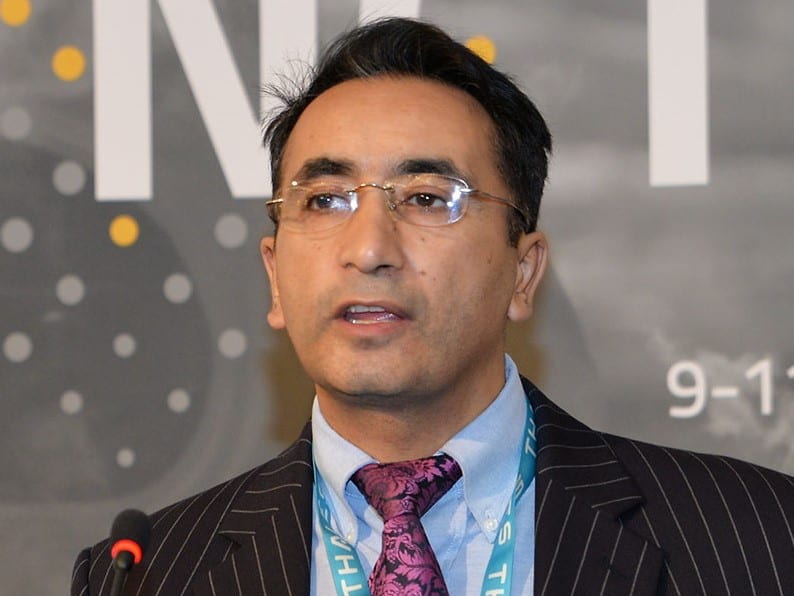
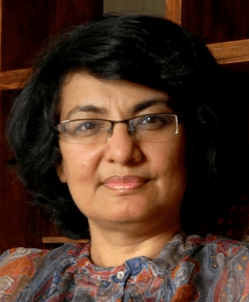
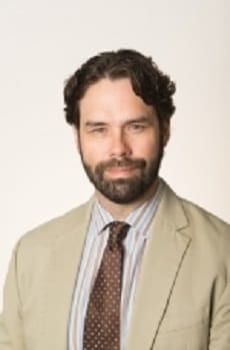
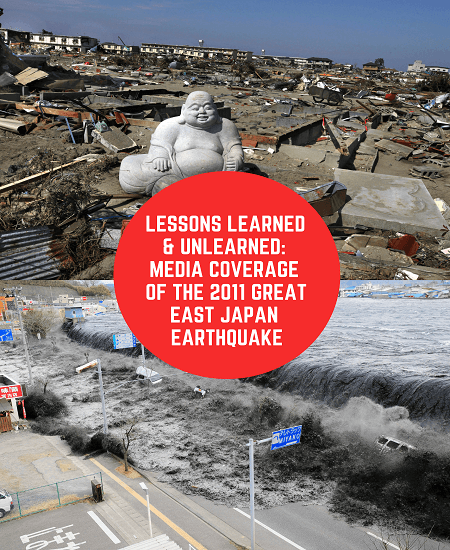

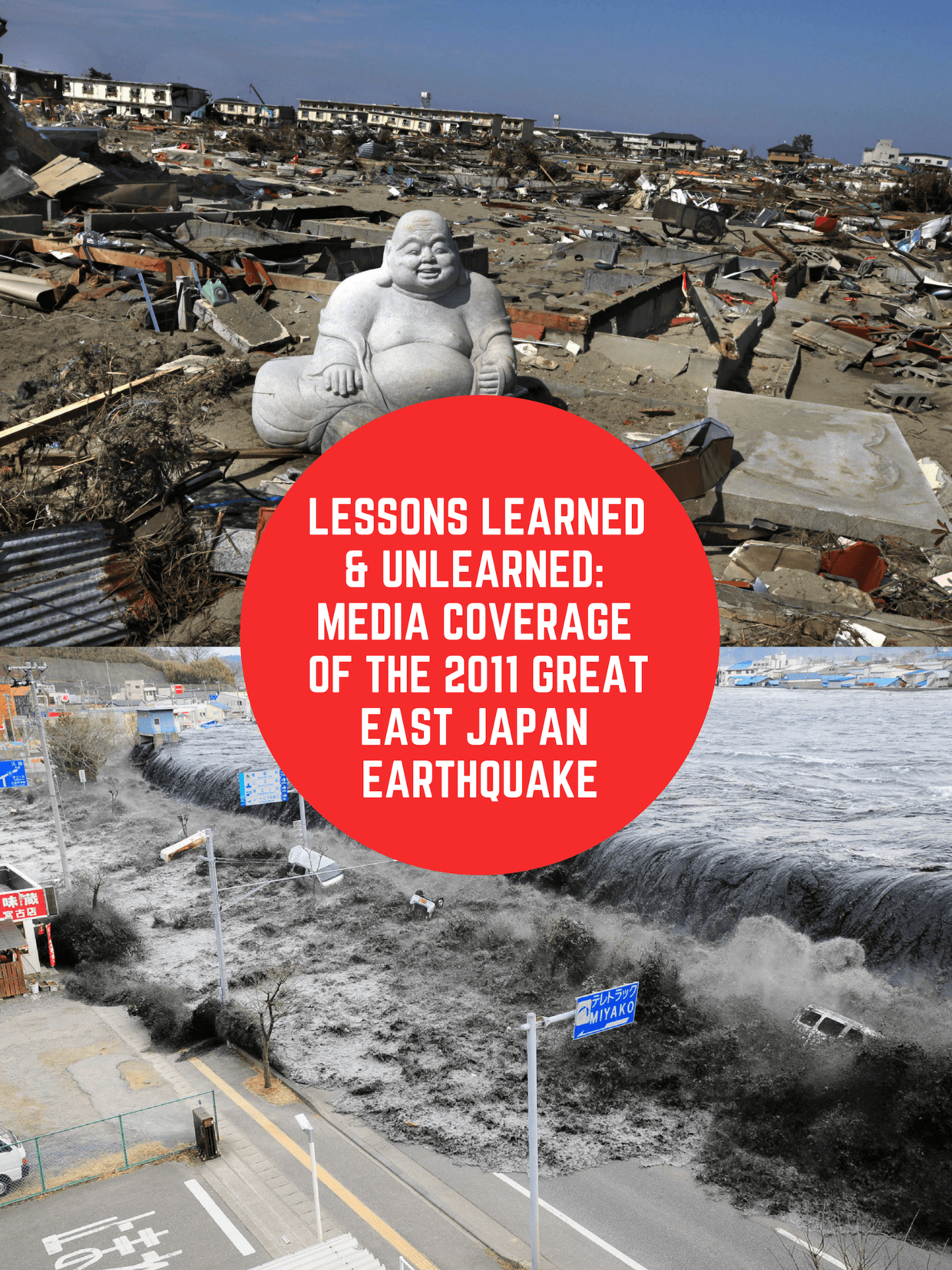
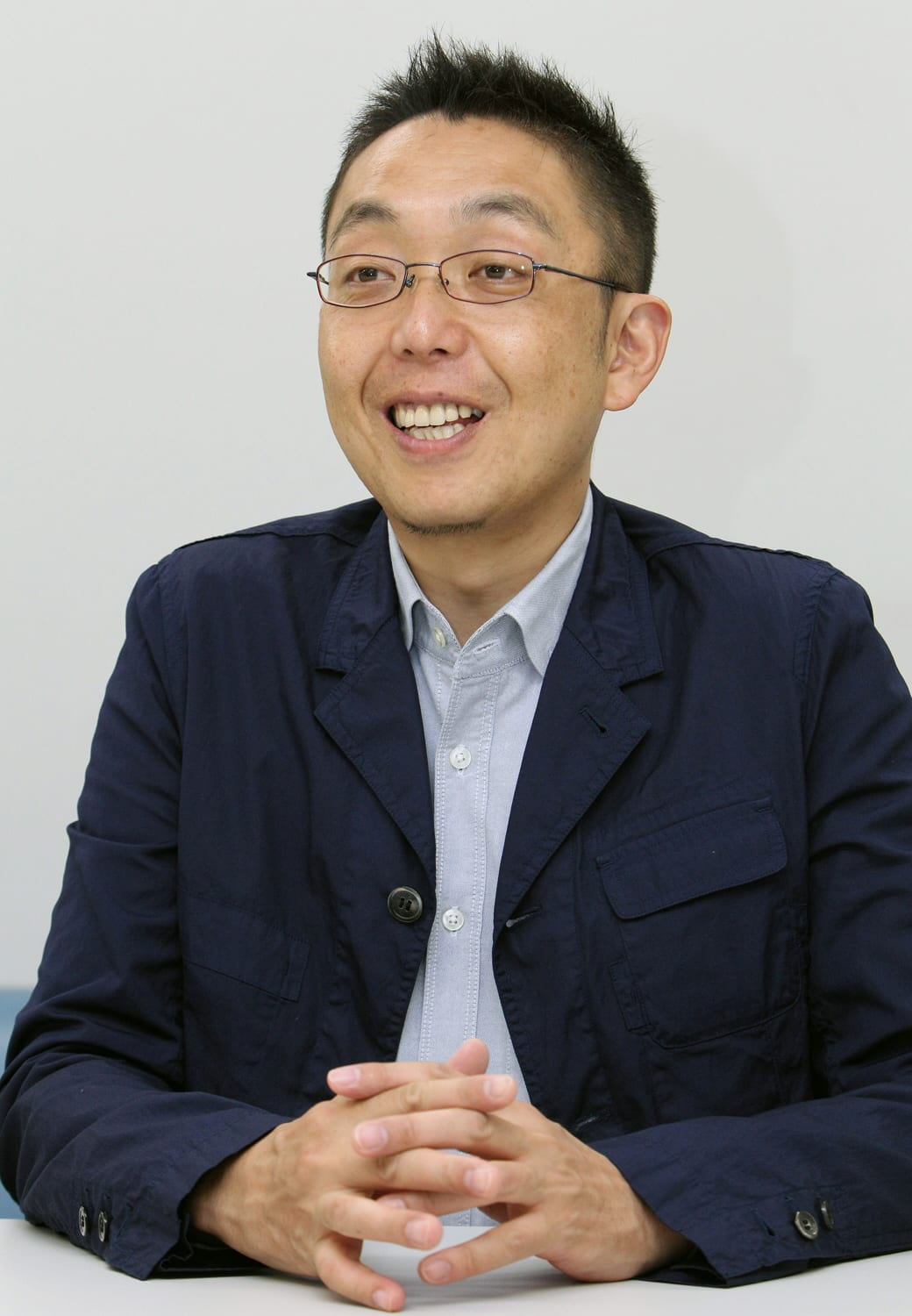
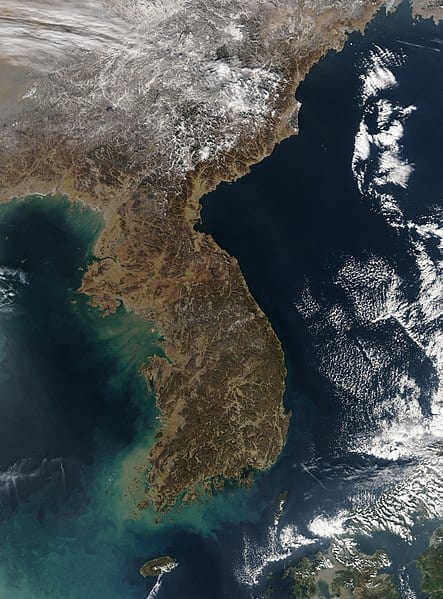

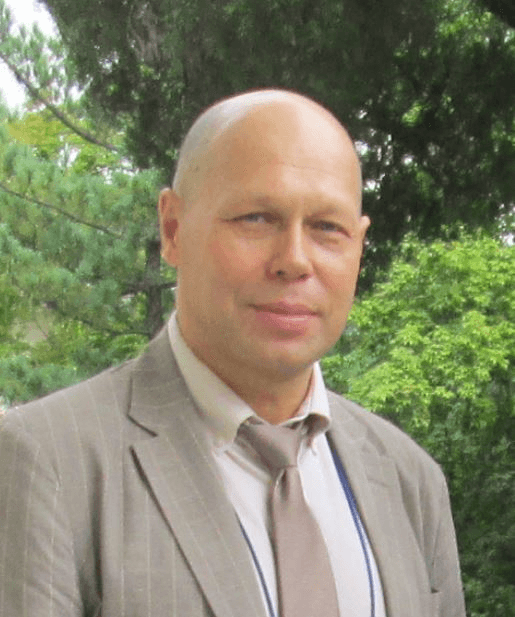
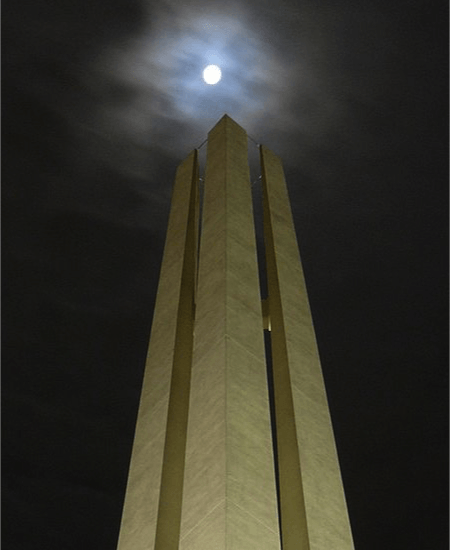
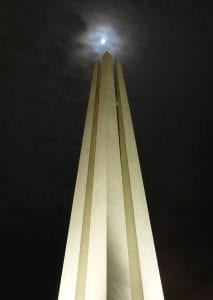
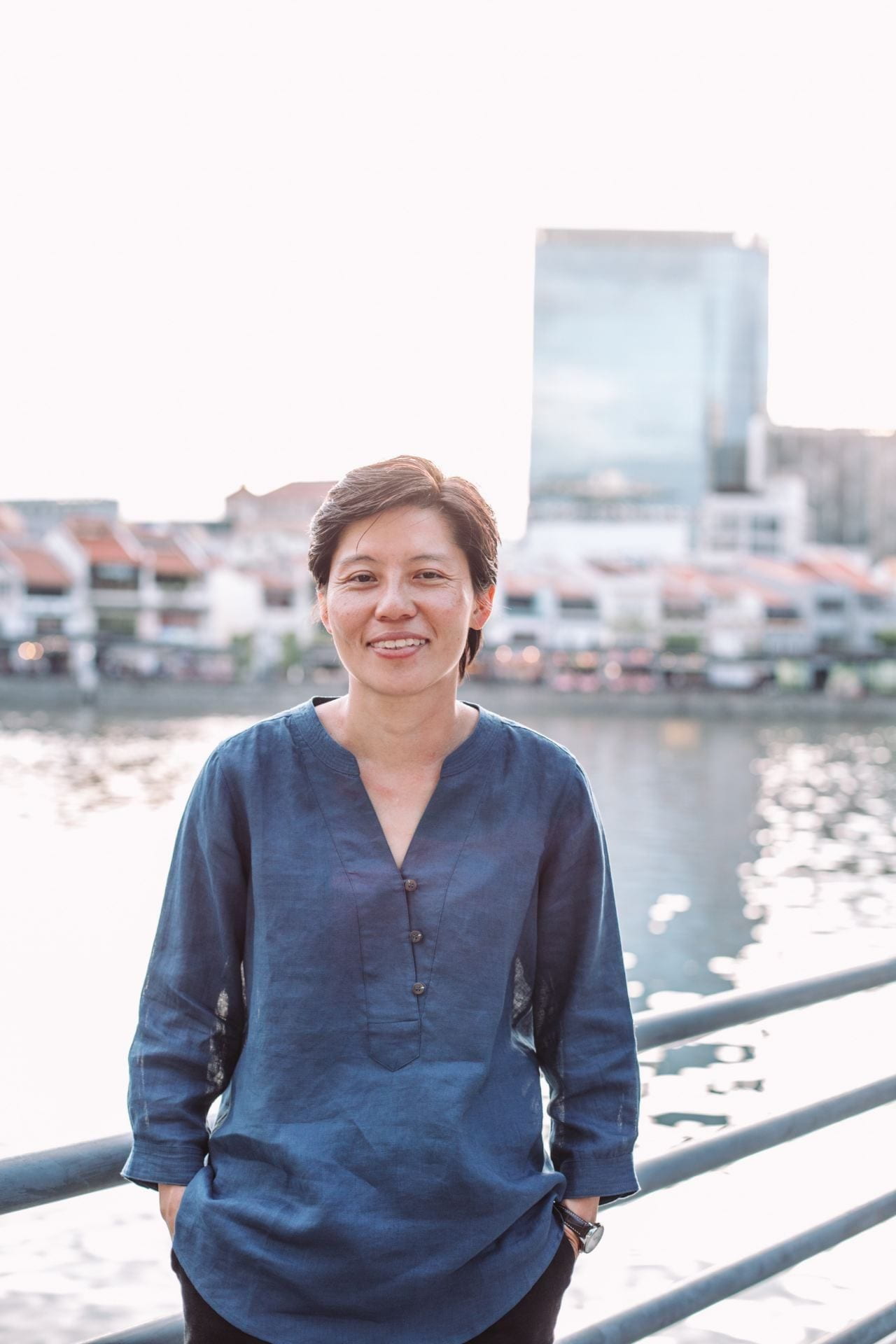
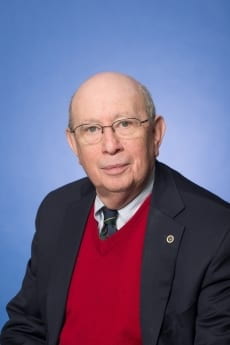
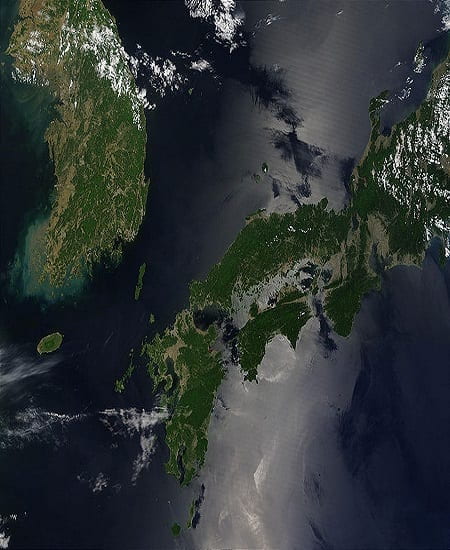


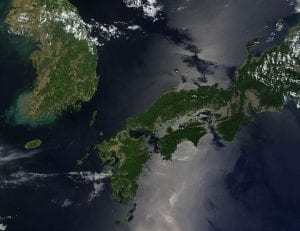
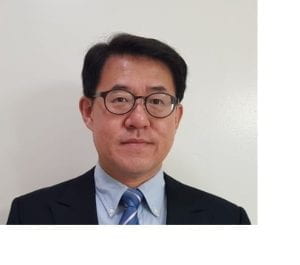
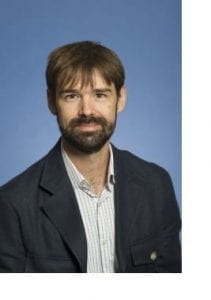 Moderated by:
Moderated by: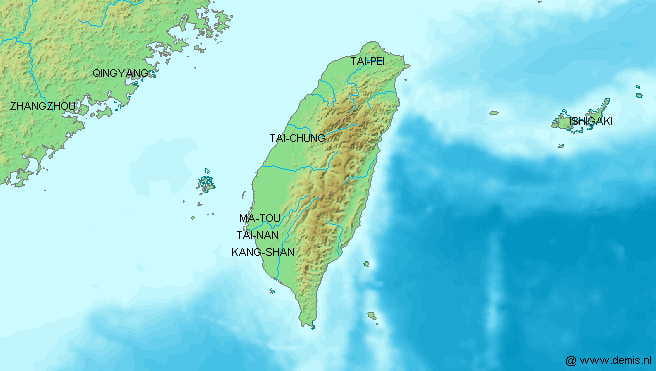
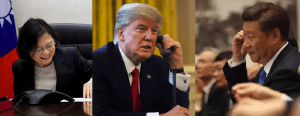
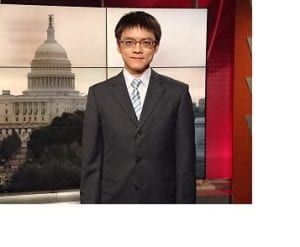 Mr. Fang Yu Chen is a PhD candidate in Political Science at Michigan State University. His research interests include authoritarian politics, political behaviors, inequality, and nationalism. Mr. Chen’s dissertation topic is “Ruling Party Institutionalization in East Asian Authoritarian Regimes,” in which he will compare former dictators’ ruling parties in Taiwan, South Korea, Indonesia, and the Philippines. Since 2014, he became the co-founder and co-editor of the website “Who Governs TW,” which aims to become a Mandarin version of the Monkey Cage. Currently, he lives in the DC area.
Mr. Fang Yu Chen is a PhD candidate in Political Science at Michigan State University. His research interests include authoritarian politics, political behaviors, inequality, and nationalism. Mr. Chen’s dissertation topic is “Ruling Party Institutionalization in East Asian Authoritarian Regimes,” in which he will compare former dictators’ ruling parties in Taiwan, South Korea, Indonesia, and the Philippines. Since 2014, he became the co-founder and co-editor of the website “Who Governs TW,” which aims to become a Mandarin version of the Monkey Cage. Currently, he lives in the DC area.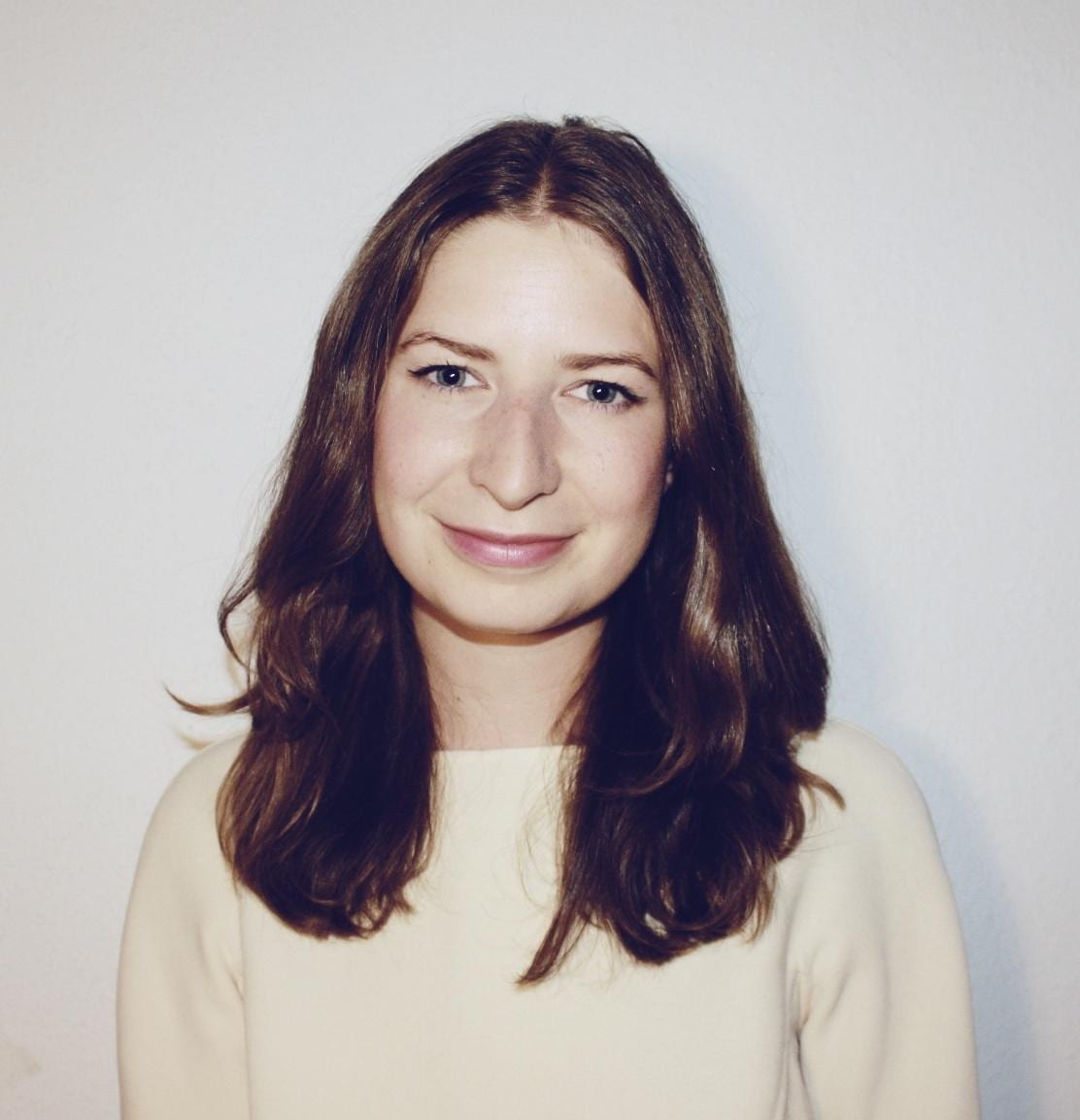


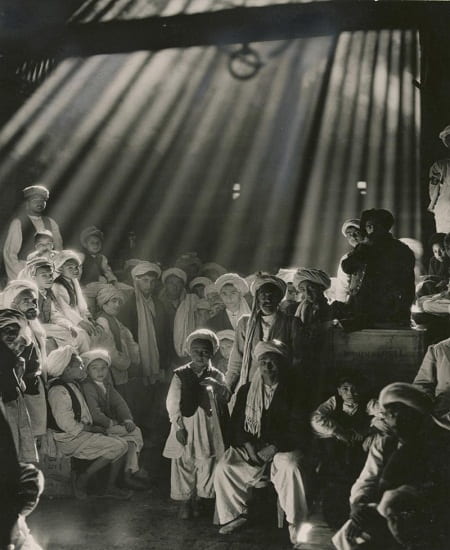
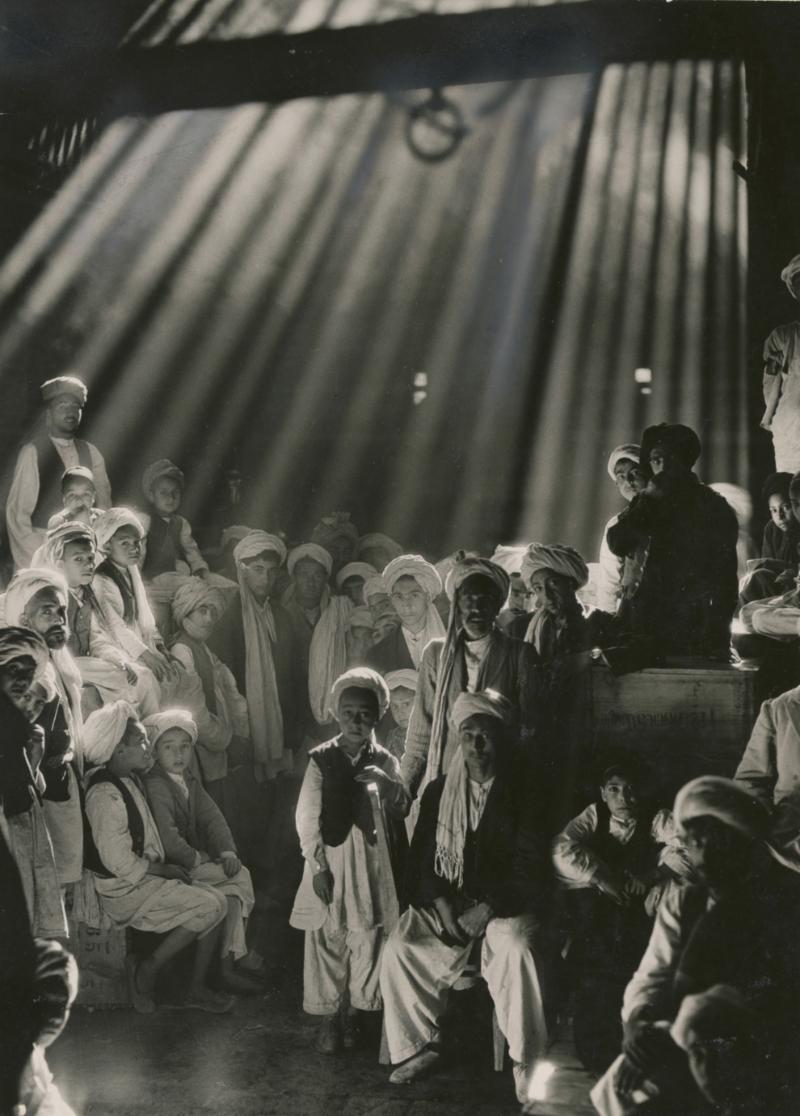
 Maeve Nolan is a second year PhD Art History and Archeology student at the School of Oriental and African Studies, University of London. She is currently a visiting scholar with George Washington University’s Sigur Center whilst she conducts her research at the National Geographic Society. The title of her PhD is:
Maeve Nolan is a second year PhD Art History and Archeology student at the School of Oriental and African Studies, University of London. She is currently a visiting scholar with George Washington University’s Sigur Center whilst she conducts her research at the National Geographic Society. The title of her PhD is: